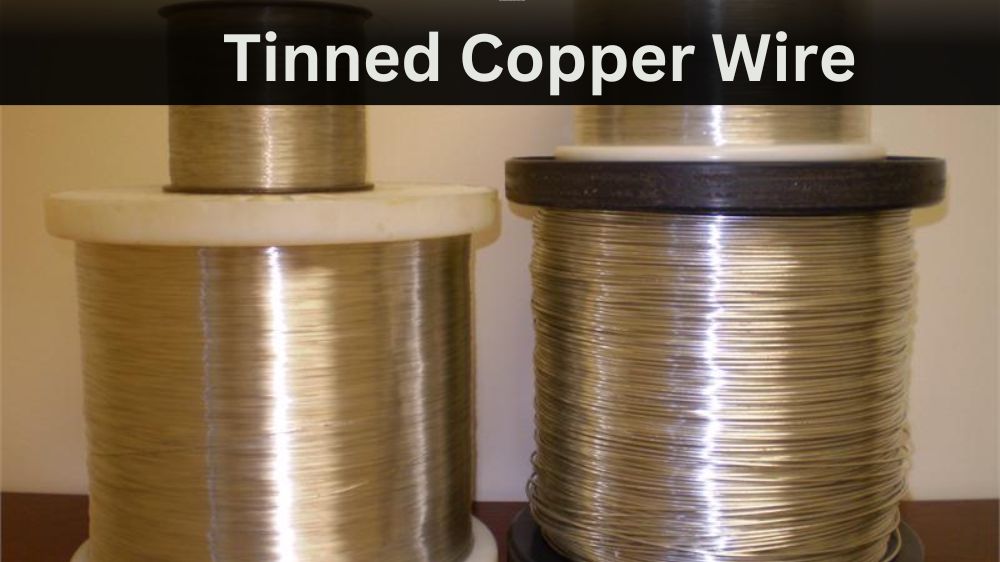
Advantages and Disadvantages of Tinned Copper Wire
When it comes to electrical wires, there are a lot of factors to consider. One of the most important is the type of wire you choose and whether or not it is tinned. Tinning is the process of coating a copper wire with a thin layer of tin to improve its durability and resistance to corrosion. In this blog post, we’ll explore the advantages and disadvantages of tinned copper wire so that you can decide on the best wire for your needs.
What is Tinned Copper Wire?
Tinned Copper Wire is an electrical wire coated with a thin layer of tin to protect against oxidation. This additional layer increases the safety and performance of the wire, particularly in hazardous or corrosive environments. Its extra conductivity helps reduce voltage drops, meaning improved power transmission efficiency. Tinned copper wiring has greater durability, longer lifespan, and better temperature tolerance when compared to standard copper wires. Additionally, its enhanced resistance to corrosion makes it suitable for a range of purposes, including wiring in cars and ships, as well as indoors where air-conditioning condensation may be present.
Advantages of Tinned Copper Wire:
Corrosion Resistance:
Copper is a great conductor of electricity but can be vulnerable to corrosion over time. Tinning the wire provides extra protection against moisture and other corrosive elements that could otherwise damage the wire. This makes tinned copper wire a great choice for outdoor applications or use in damp or humid environments.
Increased Durability:
Tinned copper wire is less likely to break or fray during installation or use, thanks to the protective layer of tin. This makes it a good option for applications where the wire may be exposed to repeated bending or flexing, such as in industrial settings.
Better Soldering:
If you plan to solder your wire connections, tinned copper wire can make the process easier and more reliable. The tin layer provides a clean surface for the solder to bond with, resulting in a strong and secure connection.
Disadvantages of Tinned Copper Wire:
Cost:
Tinned copper wire is generally more expensive than bare copper wire due to the added cost of the tin coating process. This may be a factor to consider if you’re on a tight budget.
Lower Conductivity:
While tinning can improve a wire’s durability and corrosion resistance, it can also slightly reduce its conductivity. This means that tinned copper wire may be less efficient at carrying electrical current than bare copper wire, although the difference is generally small.
Environmental Impact:
Tinning copper wire can be environmentally harmful, as it often involves using hazardous chemicals. If you’re concerned about the impact of your wire choices on the environment, you may want to consider alternatives to tinned copper wire.
For more information visit Kapilsteels
Conclusion:
In conclusion, tinned copper wire can be a great option for certain applications thanks to its improved durability and corrosion resistance. However, it’s important to consider the potential downsides, such as the higher cost and the environmental impact of the tanning process. Ultimately, the best wire for your project will depend on various factors, including your budget, the environment where the wire will be used, and your specific electrical requirements. By understanding the advantages and disadvantages of tinned copper wire, you can make an informed decision that meets your needs and fits your budget.